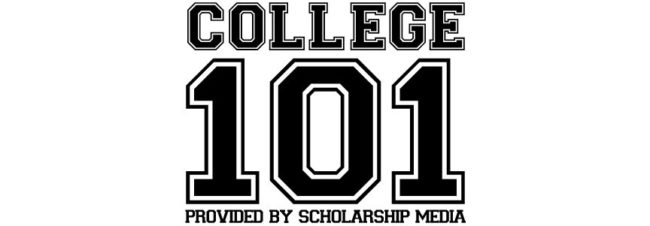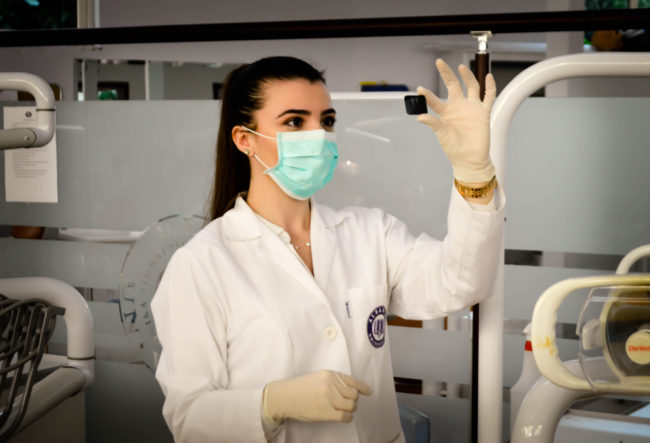Succeeding in medical school involves working harder than you’ve ever had to—but it also involves having more fun than you’ve ever had. There are numerous myths about being a medical student, but most students find medical school enjoyable, interesting, and highly rewarding. Whether you’re starting your first semester or considering a career in nursing, here are three things you should know about life as a med student.
Developing healthy habits is key.
Studying at medical school is vastly different than studying at college or high school, and many students find it challenging to stay organized and develop healthy habits. If you’re starting medical school this upcoming semester, make sure to invest in a planner or download an organization app. If you’re feeling overwhelmed or trying to fit too many tasks in your day—which will happen often—don’t add more to your list. Instead, take the time to prioritize which tasks are most important to you to avoid feeling overwhelmed.
In addition, nutrition, physical activity, and a healthy sleep schedule are necessary. While many medical students ignore their physical and mental health for their grades, it’s important to remember that medical school is a marathon, not a sprint. Every medical student has unique needs—listening to your mind and body and taking time off when you need it can help you prepare for long-term success.
Previous clinical experience is a plus.
Previous clinical experience isn’t necessary to succeed in medical school, but it can give you a general idea of what you’re getting yourself into and open your eyes to potential career opportunities. Clinical experience is a great way to get exposure to the real-world medical scene and see what a day in the life of a doctor, nurse, or clinician is. If you don’t feel comfortable in a clinical setting, you might consider exploring different career opportunities in healthcare.
When most people think about career options after medical school, they think about working directly with patients in a healthcare setting. However, a diverse range of career options are available for med students, and many of these career opportunities allow med students to work toward improved patient outcomes in a more indirect—and sometimes more impactful—way. For example, administrators at drug treatment centers are often responsible for managing budgets, keeping track of residential treatment resources, and conducting performance reports on nurses.
Some additional examples of nonclinical careers in the healthcare field include education, research, health policy advocacy, public health, and informatics.
You don’t have to go broke to go to medical school.
Medical school is expensive, and when you’re faced with the years of college ahead of you, the potential student debt can seem even more daunting. Fortunately, numerous options exist for prospective medical students to reduce the cost of tuition.
According to the experts at ValueColleges, a website that offers meticulously researched answers to questions about the value and affordability of colleges, the most important first step in receiving financial aid is filling out the Free Application for Federal Student Aid (FAFSA). The FAFSA asks a long list of questions related to your income and your parents’ income, as well as other general information. If you don’t plan on taking out student loans, it’s still a good idea to fill out the FAFSA, as it determines your eligibility for any need-based assistance.
Grants, scholarships, and tuition reimbursement programs can also help medical students pay for school. Federal student loan forgiveness programs for healthcare professionals can also offset some of the costs of tuition.
Whether you’re starting medical school or curious about med school student experiences, remember that being a medical student is not only a means to an end, but it’s also an end in itself. In addition to learning how to start an IV and how to take a proper cardiology exam, medical school will teach you more about yourself as a person.












